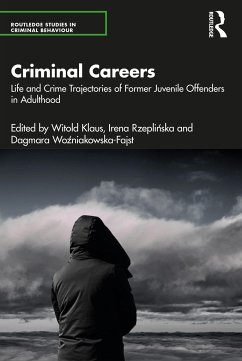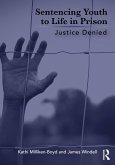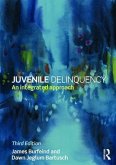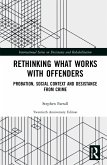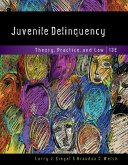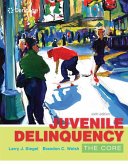Criminal Careers follows the lives and criminal behaviours of 2,397 people in Poland who as juveniles committed a crime and received a form of punishment from the juvenile court between the late 1980s and the year 2000. Through combining quantitative and qualitative research, their criminal careers, the differences between men and women, risk factors, and reasons for nondesistance are analysed.
Uniquely, the authors have used an extensive database of former juveniles, in which as many as 40% were women. This book therefore makes a comparison between women and men in terms of their future life paths. Additionally, the researched group consisted of teenagers from two different periods: the 1980s (the transition generation) and 2000 (the millennial generation), which in the context of Central and Eastern European countries means that they entered adulthood in completely different realities. These differences are therefore also explored in depth within the book.
By focusing on Poland, the book provides a different perspective to criminal career research, which is generally limited to a few countries in Western Europe and the United States.
The book will be of great interest to academics and students who are developing their own research in the fields of criminal careers, juvenile delinquency, and antisocial behaviours by young people. It will also appeal to professionals, including juvenile judges, probation officers, staff in correctional facilities and social rehabilitation institutions, social workers and employees of nonprofit organisations that support juveniles, people in crisis, and prisoners or exprisoners.
The Open Access version of this book, available at http://www.taylorfrancis.com, has been made available under a Creative Commons [Attribution-Non Commercial-No Derivatives (CC-BY-NC-ND)] 4.0 license.
Uniquely, the authors have used an extensive database of former juveniles, in which as many as 40% were women. This book therefore makes a comparison between women and men in terms of their future life paths. Additionally, the researched group consisted of teenagers from two different periods: the 1980s (the transition generation) and 2000 (the millennial generation), which in the context of Central and Eastern European countries means that they entered adulthood in completely different realities. These differences are therefore also explored in depth within the book.
By focusing on Poland, the book provides a different perspective to criminal career research, which is generally limited to a few countries in Western Europe and the United States.
The book will be of great interest to academics and students who are developing their own research in the fields of criminal careers, juvenile delinquency, and antisocial behaviours by young people. It will also appeal to professionals, including juvenile judges, probation officers, staff in correctional facilities and social rehabilitation institutions, social workers and employees of nonprofit organisations that support juveniles, people in crisis, and prisoners or exprisoners.
The Open Access version of this book, available at http://www.taylorfrancis.com, has been made available under a Creative Commons [Attribution-Non Commercial-No Derivatives (CC-BY-NC-ND)] 4.0 license.

